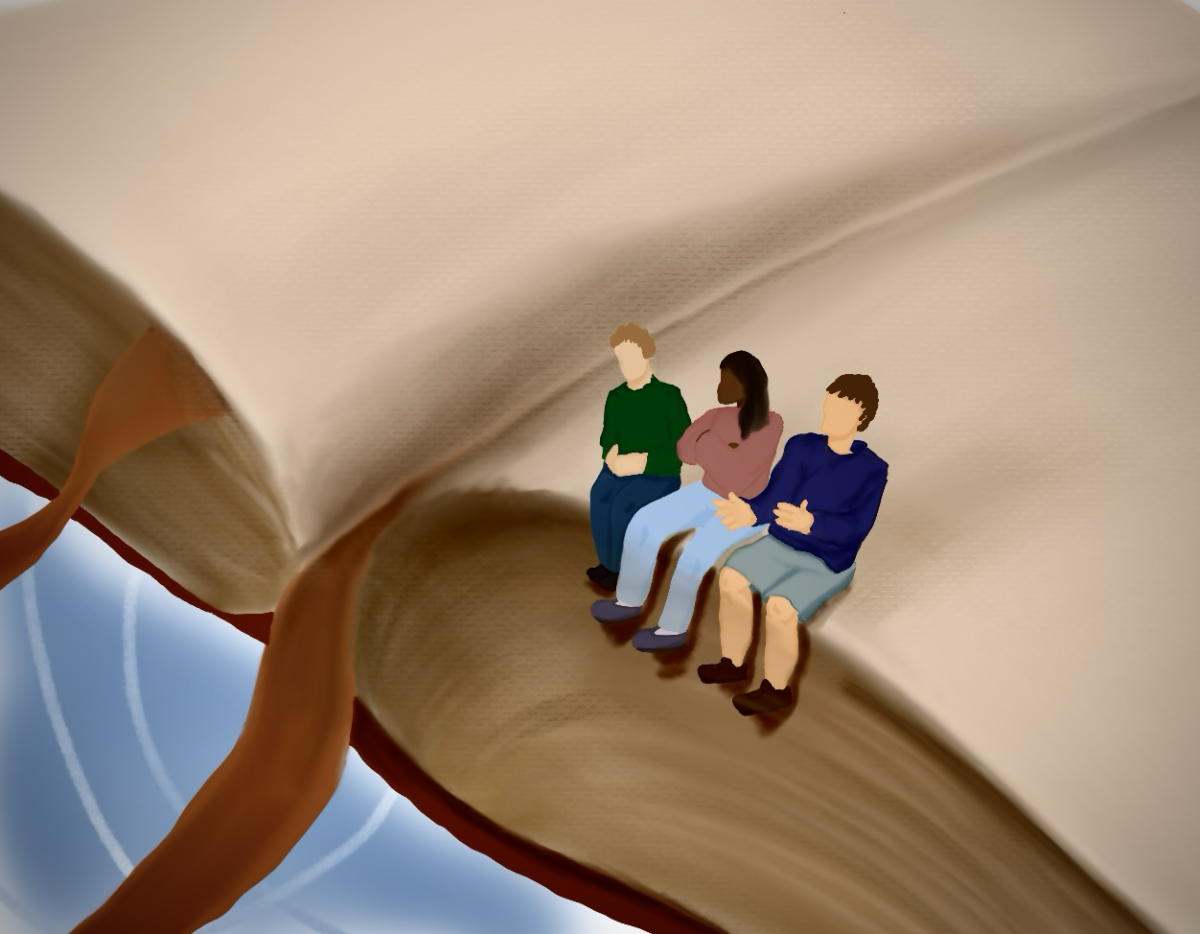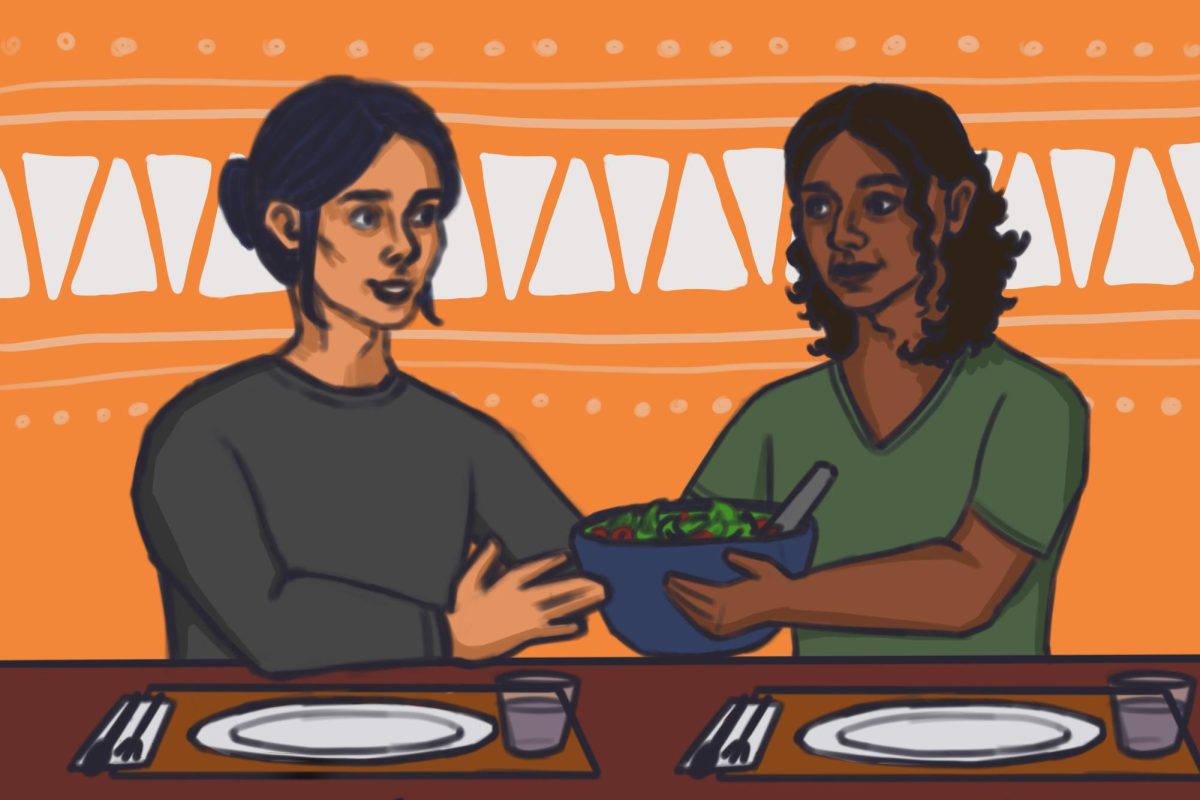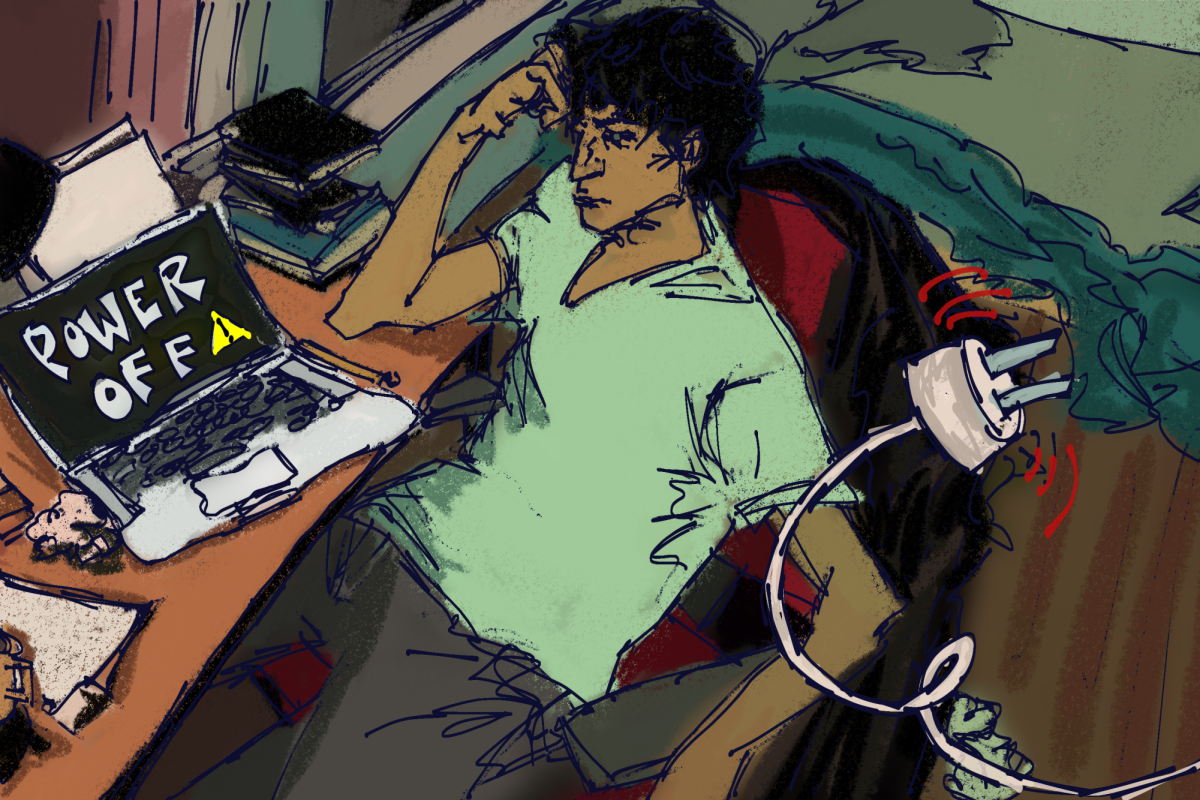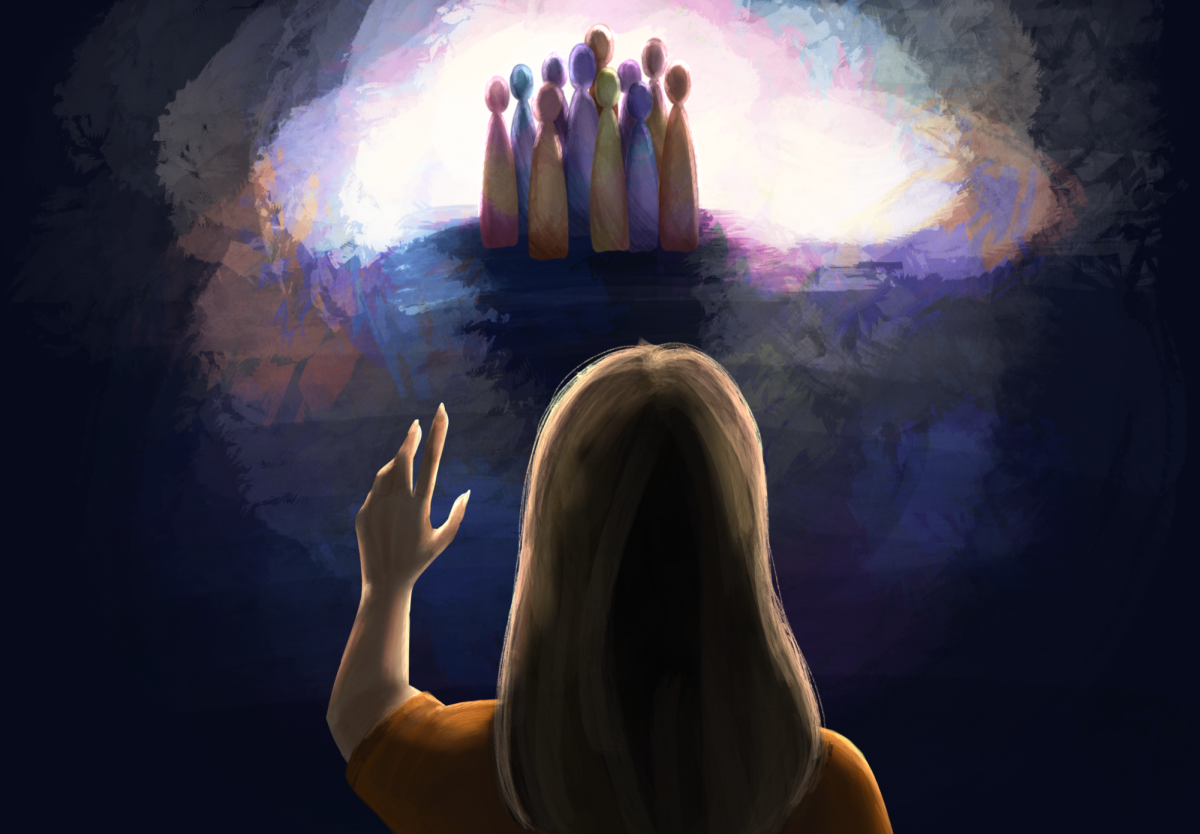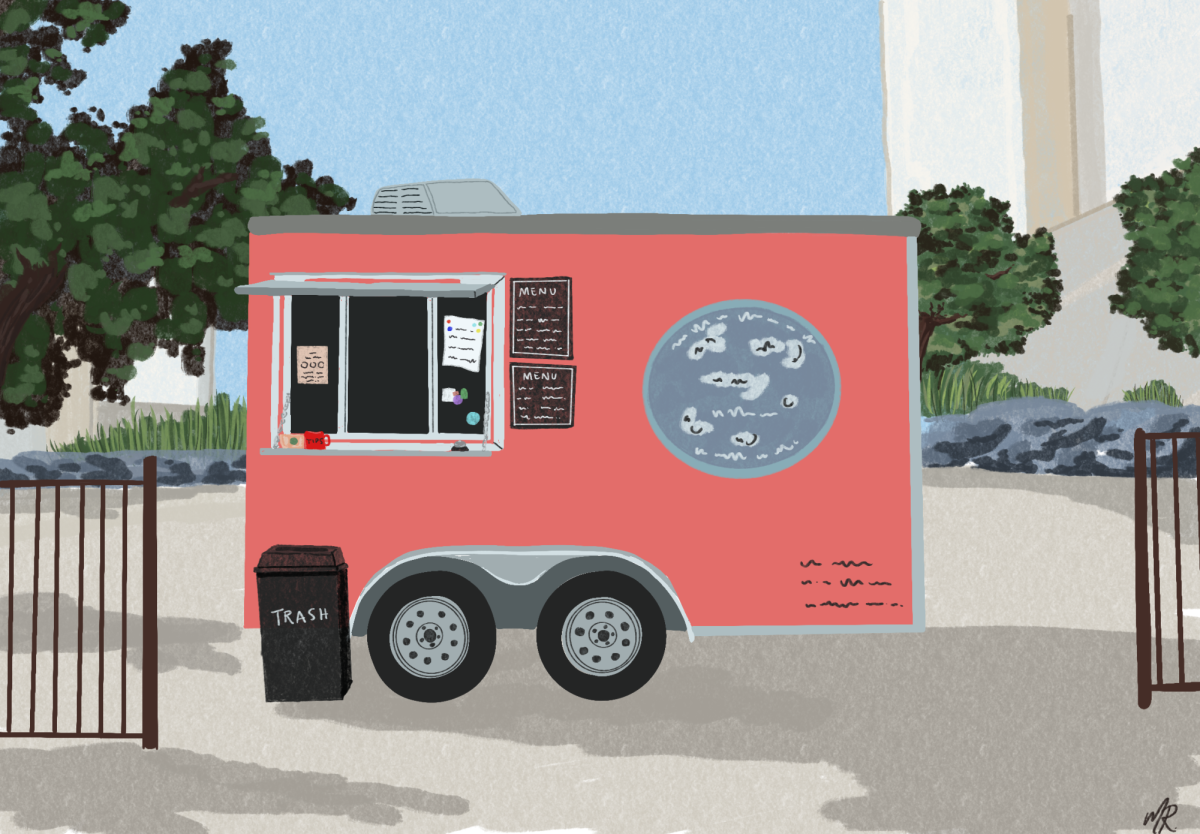Since Round Up began 86 years ago, it has evolved into one of the most highly anticipated weekends of the year. For good reason, too: Last year alone, the Interfraternity Council (IFC) and University Panhellenic Council (UPC) communities together raised over $140,000 in one weekend to benefit a variety of different causes including the Be Positive (B+) Foundation, Circle of Sisterhood and the Center for Child Protection to name a few, while artists like the Ying Yang Twins, Rich Homie Quan and A$AP Ferg entertained thousands of students. To be more exact, over 2,000 people made the pilgrimage to West Campus from colleges across the nation, while approximately 12,000 UT students participated (roughly 30 percent of the student body). What many of us don’t realize, though, is that while Round Up is a longstanding tradition, it’s also one of the four highest risk times at The University of Texas for sexual assault. So, let’s talk.
First and foremost, sexual assault is an issue that affects all of us. Like it or not, you have a role to play in preventing it from happening. Secondly, alcohol poses the most significant barrier to consent and is the largest contributing factor to sexual assault on college campuses. It’s no secret that alcohol is a centerpiece of many Round Up events, so consider this: 72 percent of reported sexual assault on our campus occurred when the victim was too intoxicated to give consent. That’s intolerable. If someone is too drunk to clearly and consciously agree to engage in sexual activity, help them get home. Not into your bed. And as important as it is to get consent, it’s just as necessary for us to know how to intervene if we recognize a harmful situation.
Imagine you’re at a party this weekend. You’re scanning the surroundings to find your friends and you witness someone being aggressive toward another person who appears uncomfortable. At this moment you can assume that someone else will step in and keep walking, or you can take action yourself. Choose to take action. Talk directly to the people involved, and create a distraction if necessary. An easy way to do this is to ask what time it is or what time the performer is supposed to get on stage. This brief interlude can allow the people to remove themselves from the situation if they’d like. If it turns out the person who appeared uncomfortable is actually OK, then hey, it’s always better safe than sorry. If they are actually uncomfortable, you can offer to hang out with them, help them find a friend, or take them home. Remember: Longhorns take care of each other.
Round Up should be a fun experience, so let’s ensure it is for everyone involved. Always ask for consent, and don’t be a passive bystander if you notice a potentially dangerous situation — this weekend and beyond.
Atkinson is a government and women’s and gender studies senior from Sherman. Becker is a nutritional sciences junior from Alvin. Mockler is an accounting an business honors sophomore from Ft. Worth. Sundaram is an MPA student from Plano. They are members of the Interpersonal Violence Prevention Coalition.
The Interpersonal Violence Prevention Coalition would like survivors on our campus to know that we believe you and it’s not your fault. For more information about the topics discussed above, as well as how to support a survivor if they approach you, visit the Voices Against Violence website at tinyurl.com/UTVAV. You can reach UT-Austin’s Crisis Line at (512) 471-2255.


